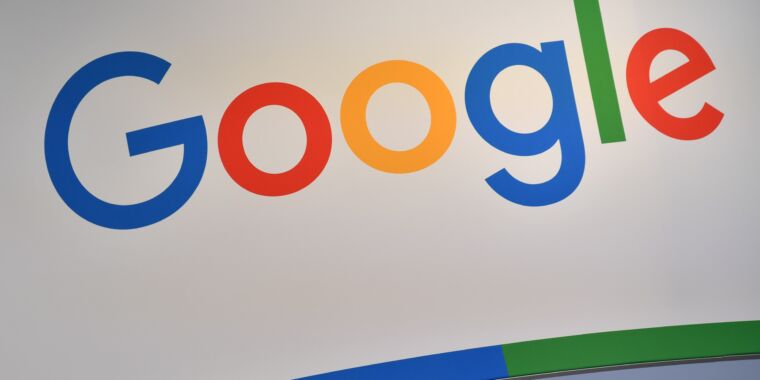

Synthesia has managed to create AI avatars that are remarkably humanlike after only one year of tinkering with the latest generation of generative AI. It’s equally exciting and daunting thinking about where this technology is going. It will soon be very difficult to differentiate between what is real and what is not, and this is a particularly acute threat given the record number of elections happening around the world this year.
We are not ready for what is coming. If people become too skeptical about the content they see, they might stop believing in anything at all, which could enable bad actors to take advantage of this trust vacuum and lie about the authenticity of real content. Researchers have called this the “liar’s dividend.” They warn that politicians, for example, could claim that genuinely incriminating information was fake or created using AI.
I just published a story on my deepfake creation experience, and on the big questions about a world where we increasingly can’t tell what’s real. Read it here.
But there is another big question: What happens to our data once we submit it to AI companies? Synthesia says it does not sell the data it collects from actors and customers, although it does release some of it for academic research purposes. The company uses avatars for three years, at which point actors are asked if they want to renew their contracts. If so, they come into the studio to make a new avatar. If not, the company deletes their data.
But other companies are not that transparent about their intentions. As my colleague Eileen Guo reported last year, companies such as Meta license actors’ data—including their faces and expressions—in a way that allows the companies to do whatever they want with it. Actors are paid a small up-front fee, but their likeness can then be used to train AI models in perpetuity without their knowledge.
Even if contracts for data are transparent, they don’t apply if you die, says Carl Öhman, an assistant professor at Uppsala University who has studied the online data left by deceased people and is the author of a new book, The Afterlife of Data. The data we input into social media platforms or AI models might end up benefiting companies and living on long after we’re gone.
“Facebook is projected to host, within the next couple of decades, a couple of billion dead profiles,” Öhman says. “They’re not really commercially viable. Dead people don’t click on any ads, but they take up server space nevertheless,” he adds. This data could be used to train new AI models, or to make inferences about the descendants of those deceased users. The whole model of data and consent with AI presumes that both the data subject and the company will live on forever, Öhman says.
Our data is a hot commodity. AI language models are trained by indiscriminately scraping the web, and that also includes our personal data. A couple of years ago I tested to see if GPT-3, the predecessor of the language model powering ChatGPT, has anything on me. It struggled, but I found that I was able to retrieve personal information about MIT Technology Review’s editor in chief, Mat Honan.
24World Media does not take any responsibility of the information you see on this page. The content this page contains is from independent third-party content provider. If you have any concerns regarding the content, please free to write us here: contact@24worldmedia.com

Do you believe the Covid vaccine had negative side effects? VOTE HERE

Latest Google layoffs hit the Flutter and Python groups

‘Women’s rights have been attacked constantly!’

Here’s your chance to own a decommissioned US government supercomputer

AWS S3 storage bucket with unlucky name nearly cost developer $1,300

FTC fines Razer for every cent made selling bogus “N95 grade” RGB masks

Apple confirms bug that is keeping some iPhone alarms from sounding

Roundtables: Inside the Next Era of AI and Hardware

Supplements: Ginkgo biloba boosts memory